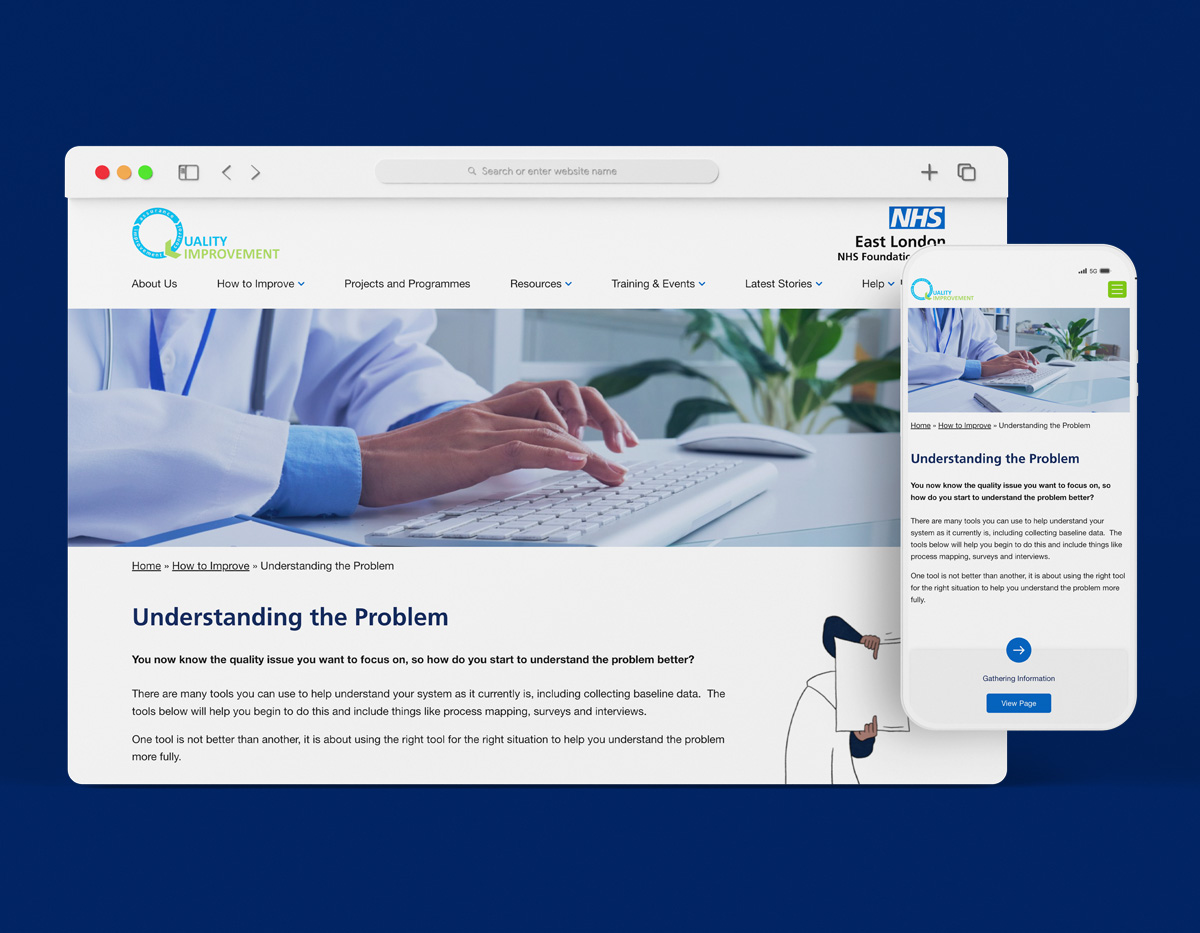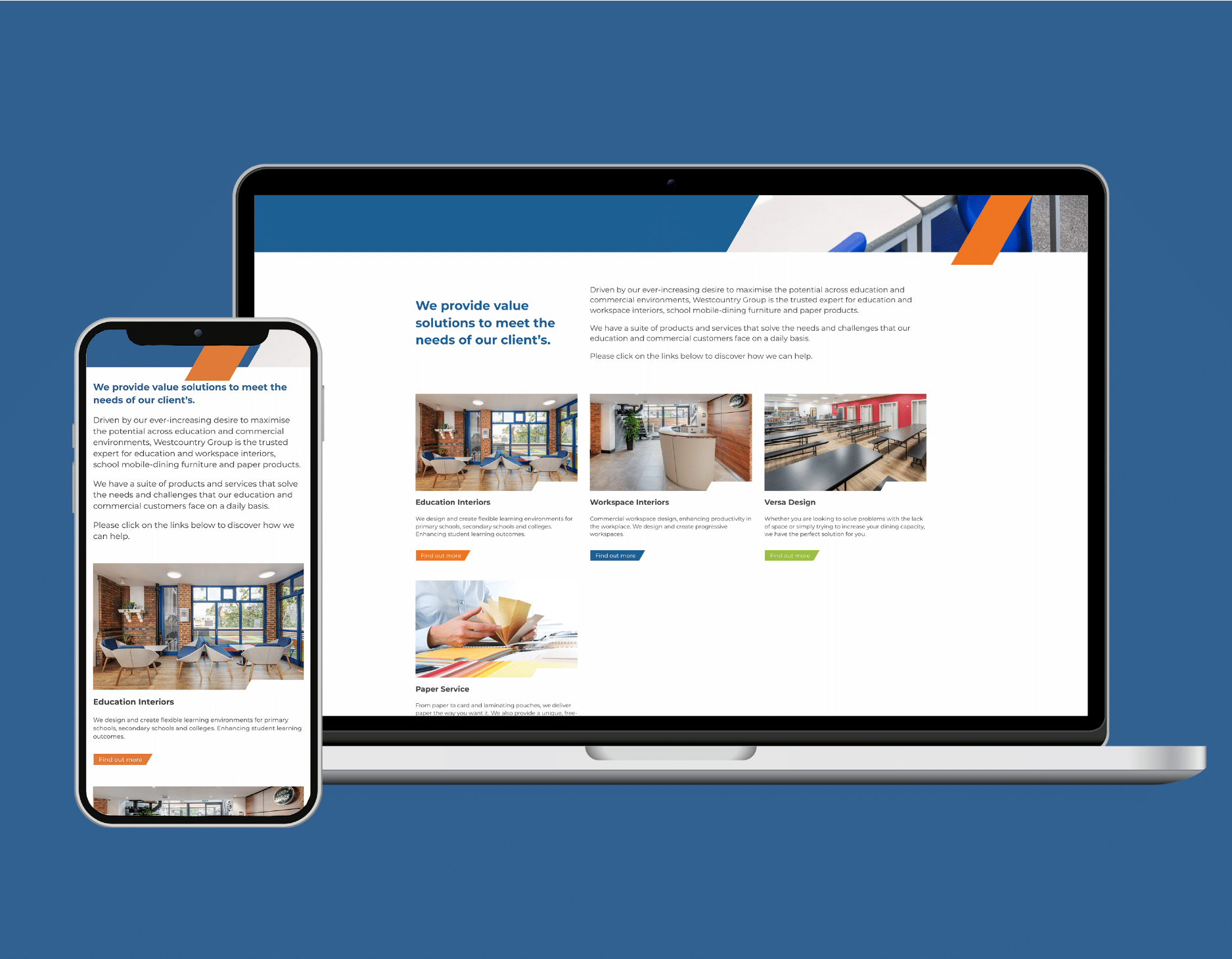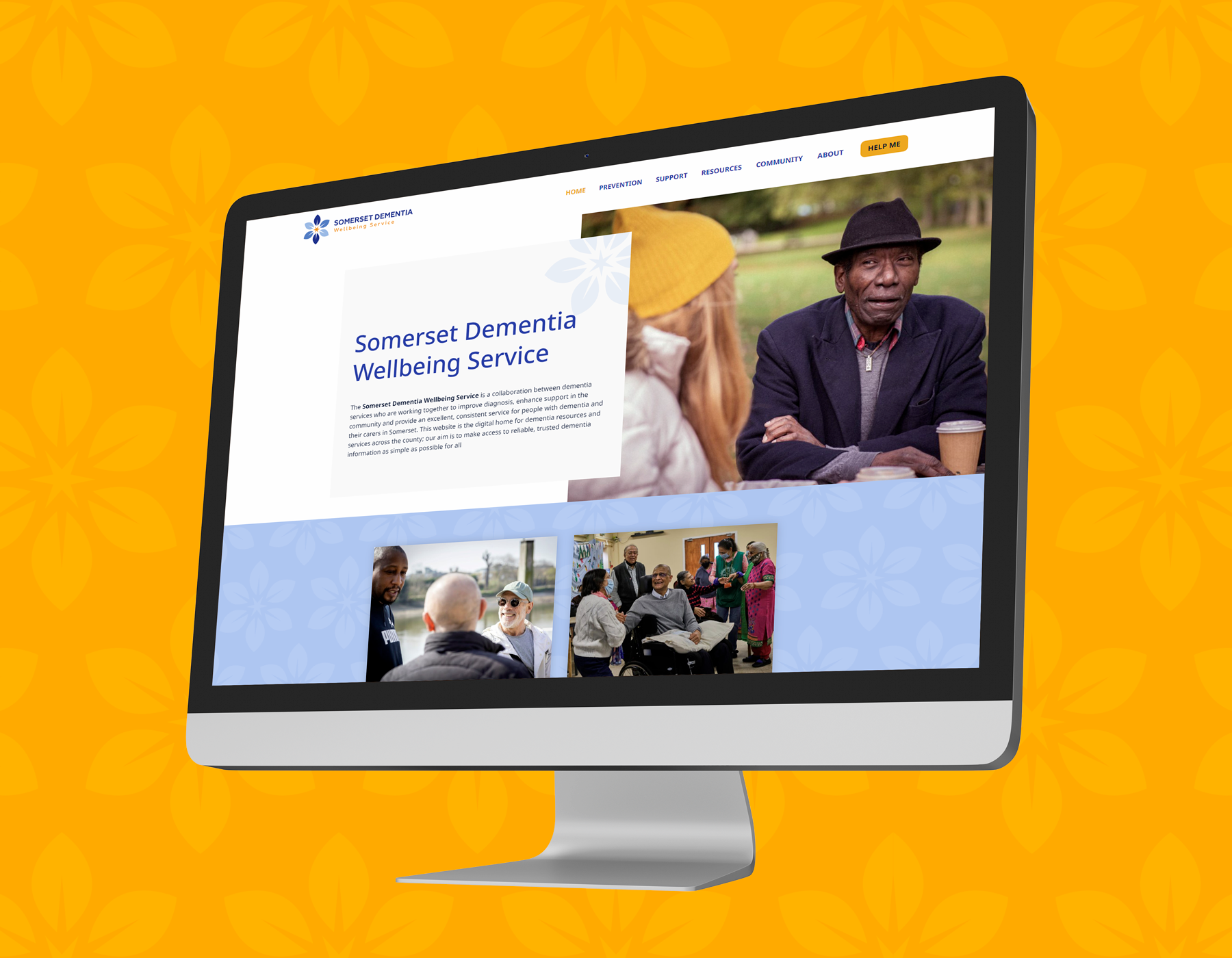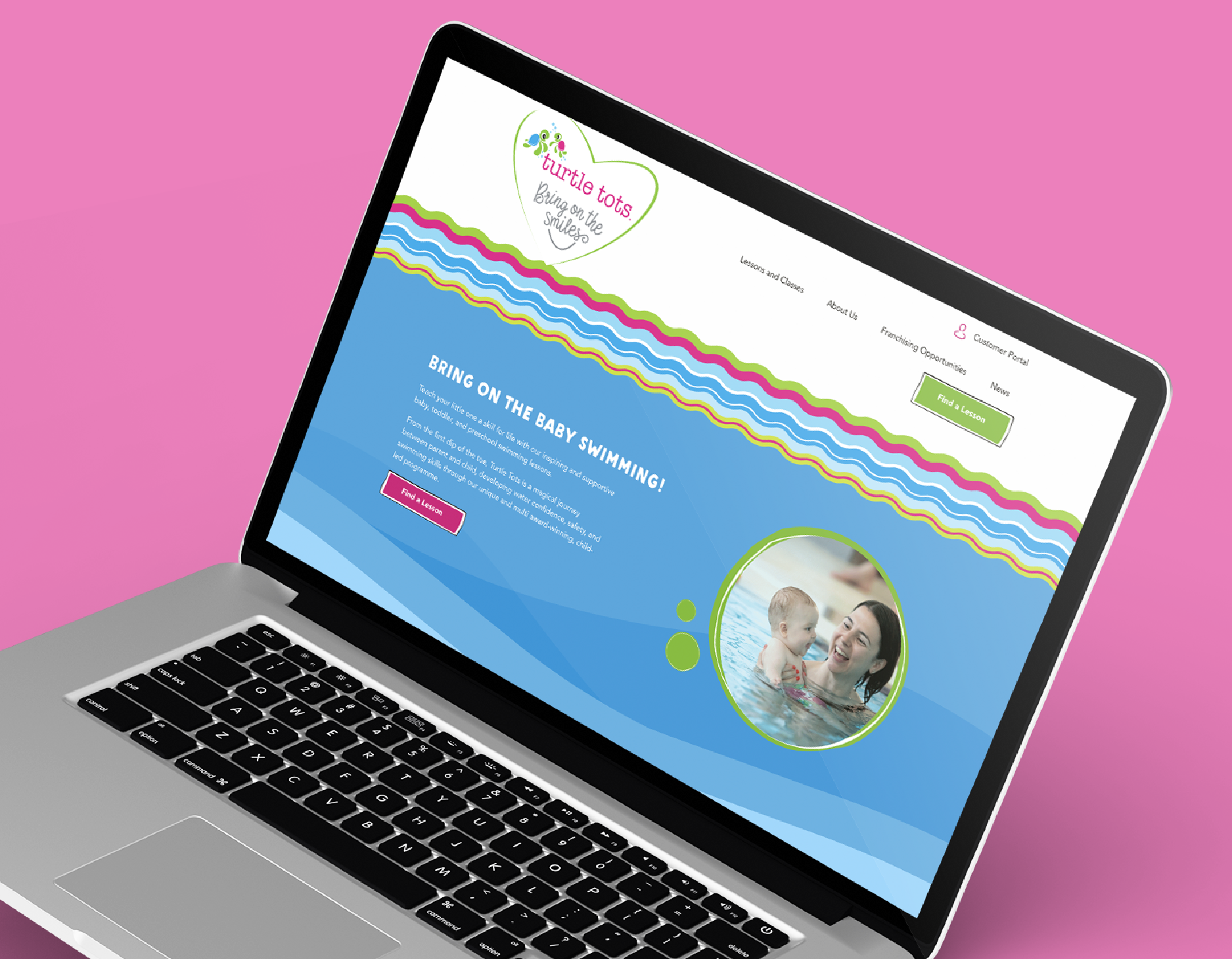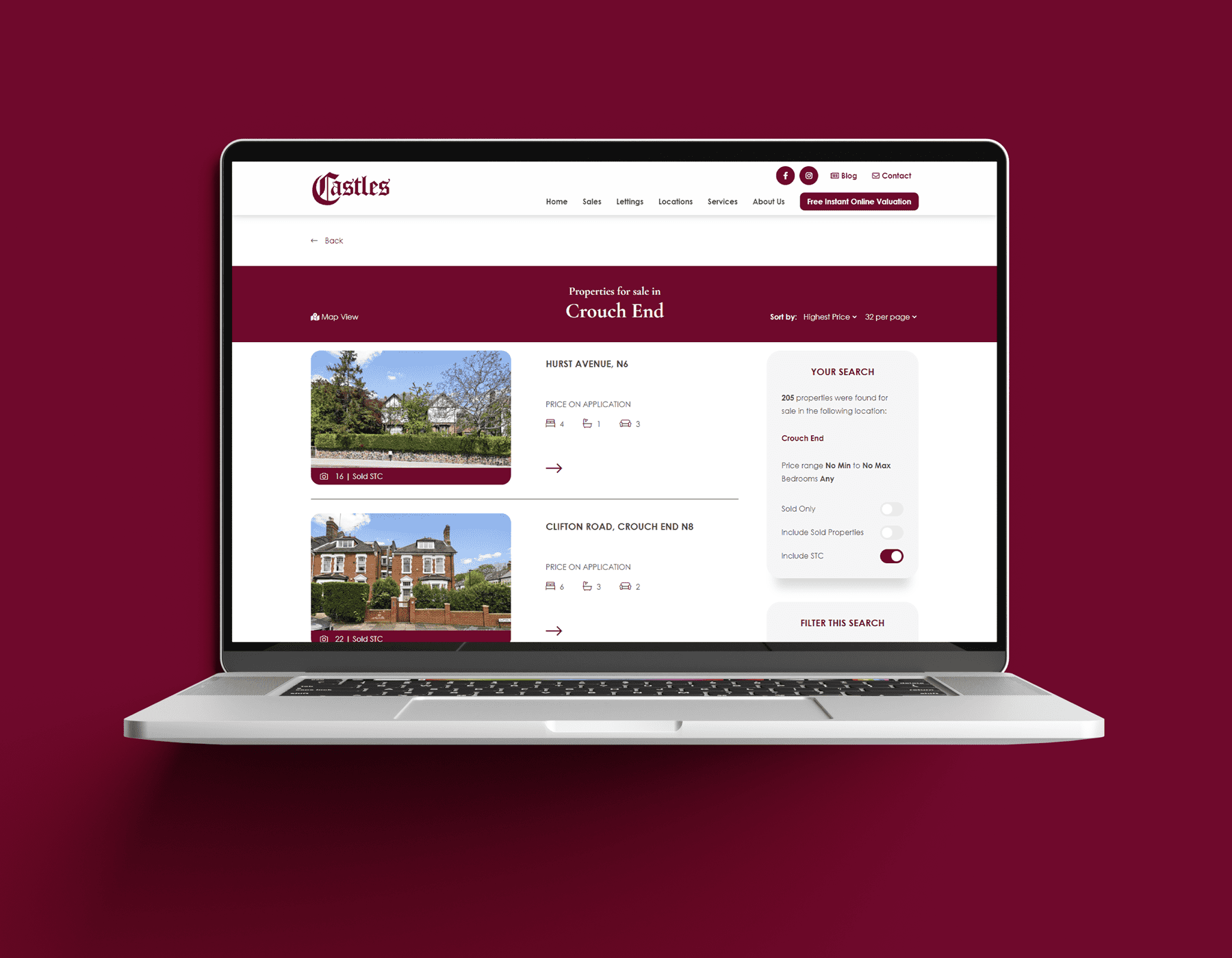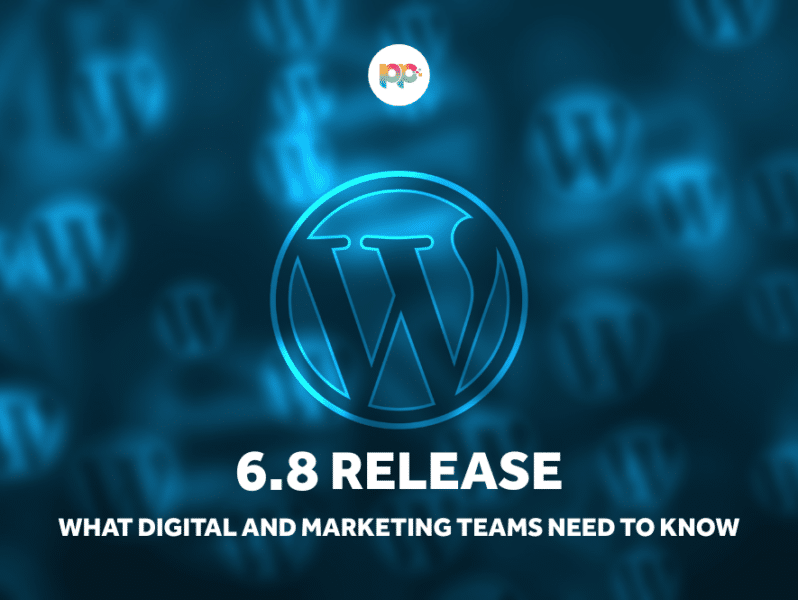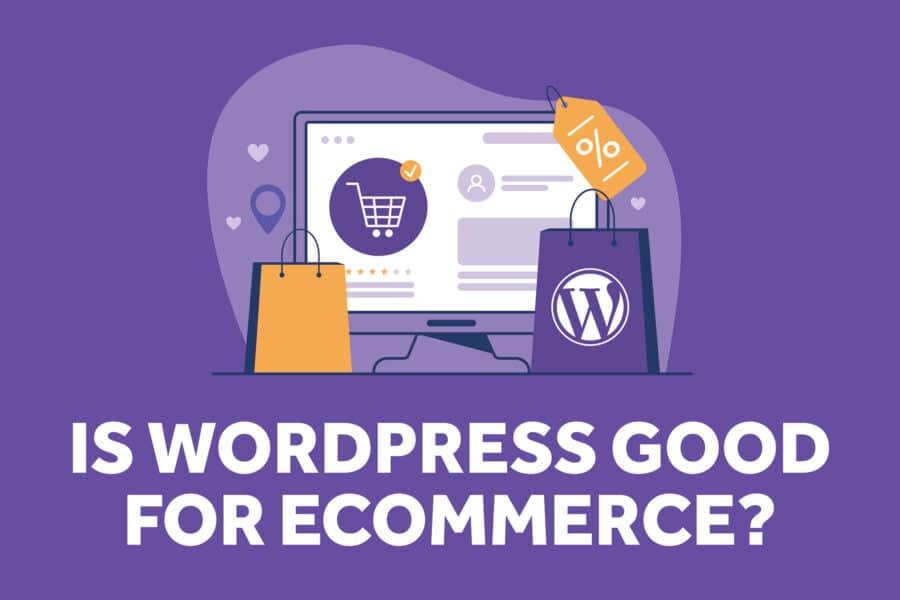WordPress Maintenance Services
Plugin & Core Updates
Keeping your plugins and themes up to date is essential for both security and performance. Outdated plugins and themes can create vulnerabilities, making your site susceptible to attacks or causing slowdowns in performance. At Priority Pixels, we take care of these updates for you, ensuring your plugins and themes are always current. We rigorously test updates for compatibility to prevent conflicts or errors that could impact your site’s functionality. By handling this process, we ensure your WordPress site remains secure, efficient and fully optimised at all times.
Uptime Monitoring
Our advanced monitoring tools provide continuous oversight of your website’s status, ensuring it remains live and accessible to your users at all times. These tools perform frequent checks, identifying potential issues before they escalate. In the event of downtime or technical difficulties, we receive instant alerts, allowing us to act quickly to resolve the problem and restore your website. This proactive approach minimises disruptions, ensuring that your business remains operationaland that your users experience minimal inconvenience from unexpected outages or errors.
Performance
Performance optimisation for WordPress involves a range of techniques to enhance your website’s loading time and overall performance. This includes optimising images, leveraging caching systems, minimising CSS and JavaScript filesand utilising Content Delivery Networks (CDNs). Faster websites not only improve user experience but also boost SEO rankings and reduce bounce rates. At Priority Pixels, we ensure your WordPress site runs at peak efficiency, providing a smooth and fast experience for your visitors.
WordPress Security Services
WordPress security is paramount. Our team will implement a comprehensive range of security measures and follow industry best practices to protect your WordPress site from vulnerabilities, malware and other online threats. This includes setting up firewalls, performing regular malware scans, monitoring for suspicious activity and keeping all plugins and themes updated to close potential security gaps.
PCI Compliant
Our hosting servers are PCI compliant, which means that most ports are secured from public access. Only essential ports are open, such as Port 21 for FTP (restricted by IP address), Port 80 for HTTP, Port 443 for HTTPS. We also ensure secure communication by disabling older versions of Transport Layer Security (TLS) protocols. Only TLS 1.2 and higher are supported, meaning any data exchanged between your site and its users is encrypted and safe from prying eyes.
Regular Backups
We conduct daily backups that retain a minimum of 14 days' worth of data. In the event of an exploit or unforeseen vulnerability, this allows us to restore your website quickly to a previous, unaffected state. These backups are stored on a separate server to minimise the risk of infection from any scripts running on your live site. For an additional £10 + VAT per month, we can extend the backup retention period to 28 days.
Database Security
Direct access to your database is granted only to users with whitelisted IP addresses. This prevents unauthorised parties from making changes to your site’s data. Additionally, during website development, we apply custom table prefixes (instead of the default 'wp_') to make it more difficult for attackers to guess database table names, reducing the likelihood of compromise.
Nuisance Web Traffic
Our security systems block malicious traffic, such as aggressive bots, scrapers and crawlers, from accessing your site. This reduces server load, helps prevent downtime and conserves bandwidth. Legitimate search engines, like Google and Bing, remain unaffected.
XML-RPC Disabled
By default, XML-RPC is disabled on our hosted sites. This feature, while useful for some, is a known vulnerability for WordPress websites. For enhanced security, we recommend using the WordPress REST API, which offers a more secure alternative. If XML-RPC functionality is required, we can enable it and restrict access to authorised IP addresses.
Malware Scanning
Our sites are regularly scanned for suspicious files and vulnerabilities. With WordPress sites heavily reliant on plugins, newly discovered vulnerabilities can be exploited quickly. Regular malware scanning ensures that we receive immediate notifications when a vulnerability is detected, allowing us to secure it promptly.
Login Protection
Login security for hosted websites is reinforced through multiple protective measures. The default WordPress login URL is masked, making it difficult for unauthorised users to locate. To prevent brute force attacks, a failed login threshold is in place, blocking users temporarily or permanently after multiple unsuccessful attempts. Multi-factor authentication (MFA) is enabled, offering various secure login methods, including email OTPs, authenticator apps, backup codesand web authentication using fingerprint or facial recognition. Additionally, where feasible, access to the login screen can be restricted by IP address. These measures work together to enhance security and prevent unauthorised access.
Security Headers
We implement industry-standard security headers to protect your website from common threats, following the OWASP Top Ten security recommendations. These headers help mitigate risks such as cross-site scripting, clickjackingand other vulnerabilities. Key configurations include X-Frame-Options, X-XSS-Protection, X-Content-Type-Options, Strict-Transport-Security, Referrer-Policyand Permissions-Policy. By enforcing these security measures, we strengthen your website’s defences against potential attacks.
Preventing User Enumeration
We block unauthorised attempts to discover valid login usernames through query strings like ?author=1, ?author=2, etc., preventing attackers from obtaining usernames to exploit. Attackers use these queries to uncover usernames associated with your site’s author pages, which they then use in brute-force attacks to guess password combinations. By blocking this method, we prevent hackers from gaining a key piece of information, reducing the risk of a security breach.
404 Detection
Our systems detect unusual 404 errors to identify malicious actors attempting to exploit potential vulnerabilities on your site. If a user triggers an excessive number of 404 errors within a short period, they are automatically banned, protecting your site from potential threats.
Google reCAPTCHA
We implement Google reCAPTCHA in all forms across your website, protecting against abuse by automated bots and ensuring that only legitimate users can submit forms or register.
Pwned Passwords
To protect against compromised credentials, we verify passwords entered in the default WordPress login or registration forms against a public database of breached passwords using the Have I Been Pwned API. If a password is found in this database, the user must reset their password before gaining access, ensuring maximum security.
PHP Updates
Your site is built and maintained using the latest version of PHP, ensuring the highest level of security and performance. Keeping PHP up to date helps protect your website from existing and emerging threats.
Avoiding Default/Common Usernames
To prevent brute-force attacks on your login area, we avoid using common or default usernames such as ‘admin’ or any that match your site name. Any attempt to log in using these usernames is automatically blocked, adding an extra layer of security.
PHP Execution Prevention
We restrict PHP execution in directories where it is not needed, such as the wp-content directory, to prevent malicious scripts from being executed if a vulnerability is exploited. If harmful PHP files are uploaded, they are rendered inactive until detected and removed.
Shorter Login Duration
By default, users who select the 'remember me' option remain logged in for 14 days. This extended login period can pose a security risk, as it provides hackers with more time to hijack the login cookie and gain access to your account without needing your credentials. We shorten the duration that a login remains active to reduce the opportunity for malicious third parties to exploit inactive sessions.
Disabling Trackbacks and Pingbacks
Pingbacks are notifications sent to a website when it is mentioned by another site, serving as a form of courtesy communication. However, this feature can expose your site to unwanted traffic and potential DDoS attacks, which can overwhelm your server and result in an influx of spam comments on your posts. To protect your site from these risks, we disable trackbacks and pingbacks.
Disabling File Editor
We disable WordPress’s built-in file editor, which allows users to modify theme and plugin files directly from the admin dashboard. This reduces the risk of unauthorised changes and prevents potential exploits, ensuring that all updates and modifications are performed securely via File Transfer Protocol (FTP).
Daily Cloud Backups
Regular backups are essential for safeguarding your website’s data and ensuring business continuity. As part of our managed hosting services, Priority Pixels implements automated backup systems for clients hosting their websites with us. These backups routinely save your site’s content, databases and files. In the event of a technical issue, data loss, or security breach, we can quickly restore your website to a previous version, minimising downtime and disruption. Our backup processes are designed to give you peace of mind, ensuring your data remains secure and easily recoverable when needed.
FAQs
How frequently should WordPress plugins be updated?
It is important to keep WordPress plugins up to date to ensure the security, stability and compatibility of your website. As a general guideline, it is recommended to update plugins as soon as updates become available from their respective developers.
How do you ensure the reliability of your website backups?
To ensure the reliability of our website backups, we follow industry best practices and employ robust backup systems. Our backup processes are automated and thoroughly tested to ensure data integrity. We utilise redundant storage systems or cloud-based solutions to safeguard backups from potential hardware failures or on-site incidents. Regular monitoring and periodic test restores are performed to verify the viability and recoverability of the backup data.
What is a WordPress security auditand why do I need one?
A WordPress security audit is a thorough examination of your website’s security vulnerabilities and potential weak points. It helps identify potential risks, assess the current security leveland provides recommendations to enhance security.
What is a staging environment?
A staging environment refers to a separate and isolated copy of your website that mirrors the production environment (live site) but is not accessible to the public. It serves as a testing and quality assurance platform where you can make changes, test new featuresand identify any potential issues before deploying them to the live site.
How do you know when a WordPress plugin needs to be updated?
WordPress provides notifications within the admin dashboard when plugin updates are available. Typically, you will see a numbered badge indicating the number of plugins that require updates. Additionally, you can navigate to the “Plugins” section in the dashboard to view a list of installed plugins and their update status.
What should I do if my WordPress website is hacked or compromised?
If your WordPress website is hacked or compromised, it’s crucial to act quickly. Priority Pixels are professional WordPress security experts and can perform a thorough cleanup, remove malicious code and strengthen your website’s security to prevent future attacks.
What if a plugin update breaks my site?
Before applying any updates, we test them to ensure compatibility. If an update causes an issue, we’ll quickly roll back the change and find a suitable solution to keep your site running smoothly.
Can I change my maintenance package if my needs change?
Certainly! If your site’s needs evolve over time, you can adjust your maintenance package to match your new requirements. Just let us knowand we’ll recommend the best option for you.
Will my site experience downtime during maintenance?
Our goal is to perform maintenance without disrupting your site’s availability. In most cases, updates and maintenance tasks are completed seamlessly, but if downtime is necessary, we schedule it and notify you in advance.
Do you provide support for non-WordPress websites?
Our primary focus is on WordPress sites, where we have deep expertise. However, if you have specific requirements for a non-WordPress site, feel free to contact usand we can discuss potential support options.
